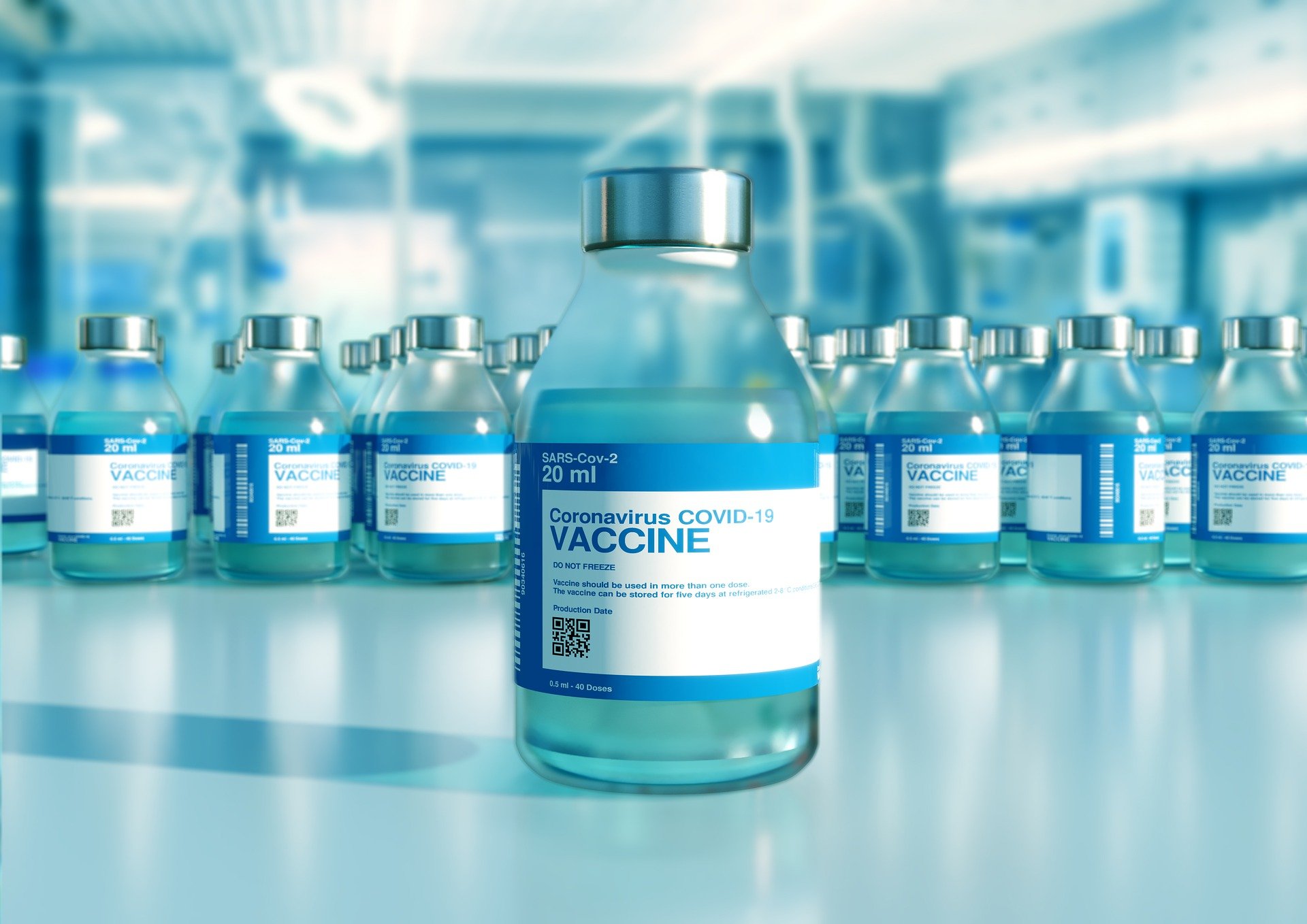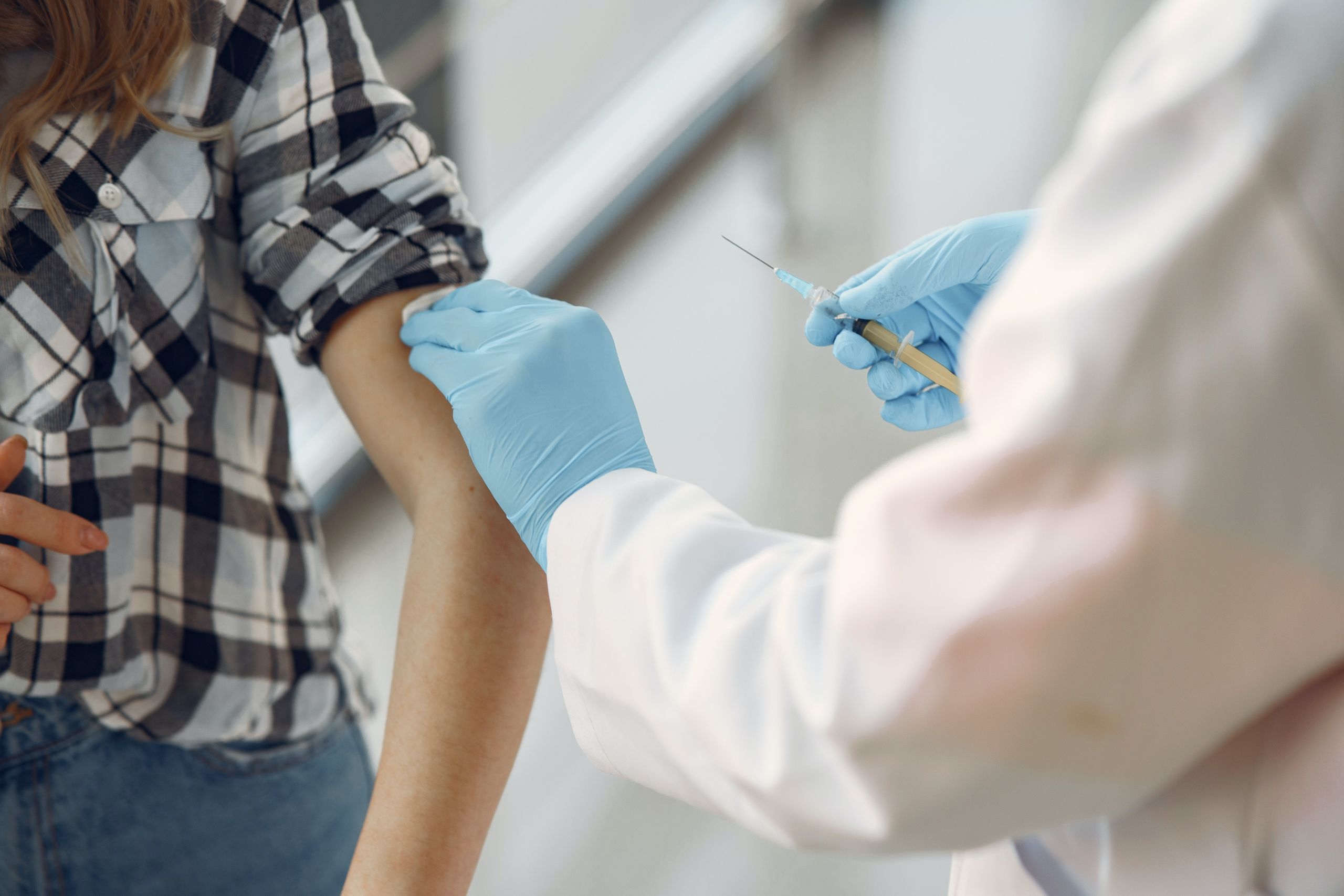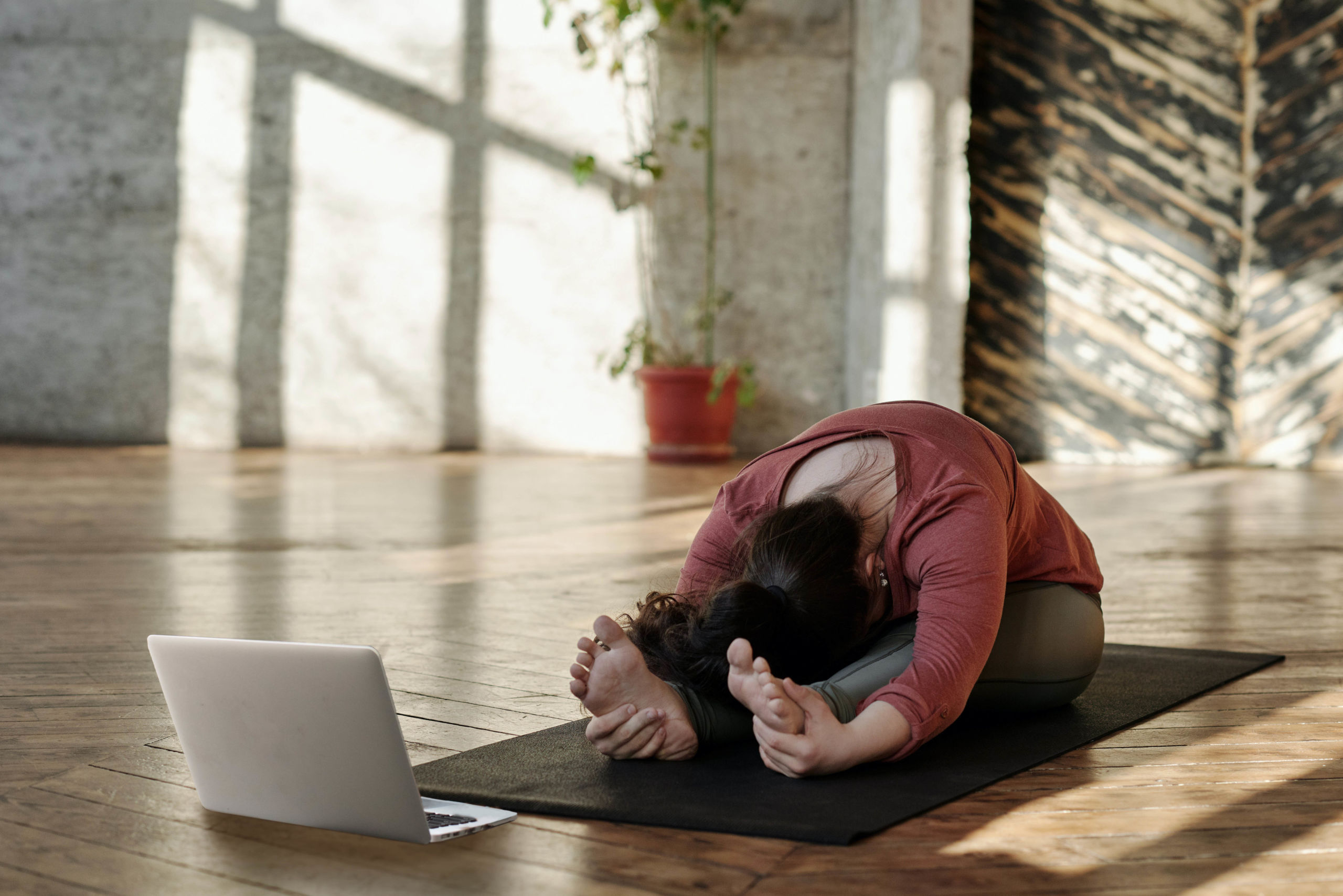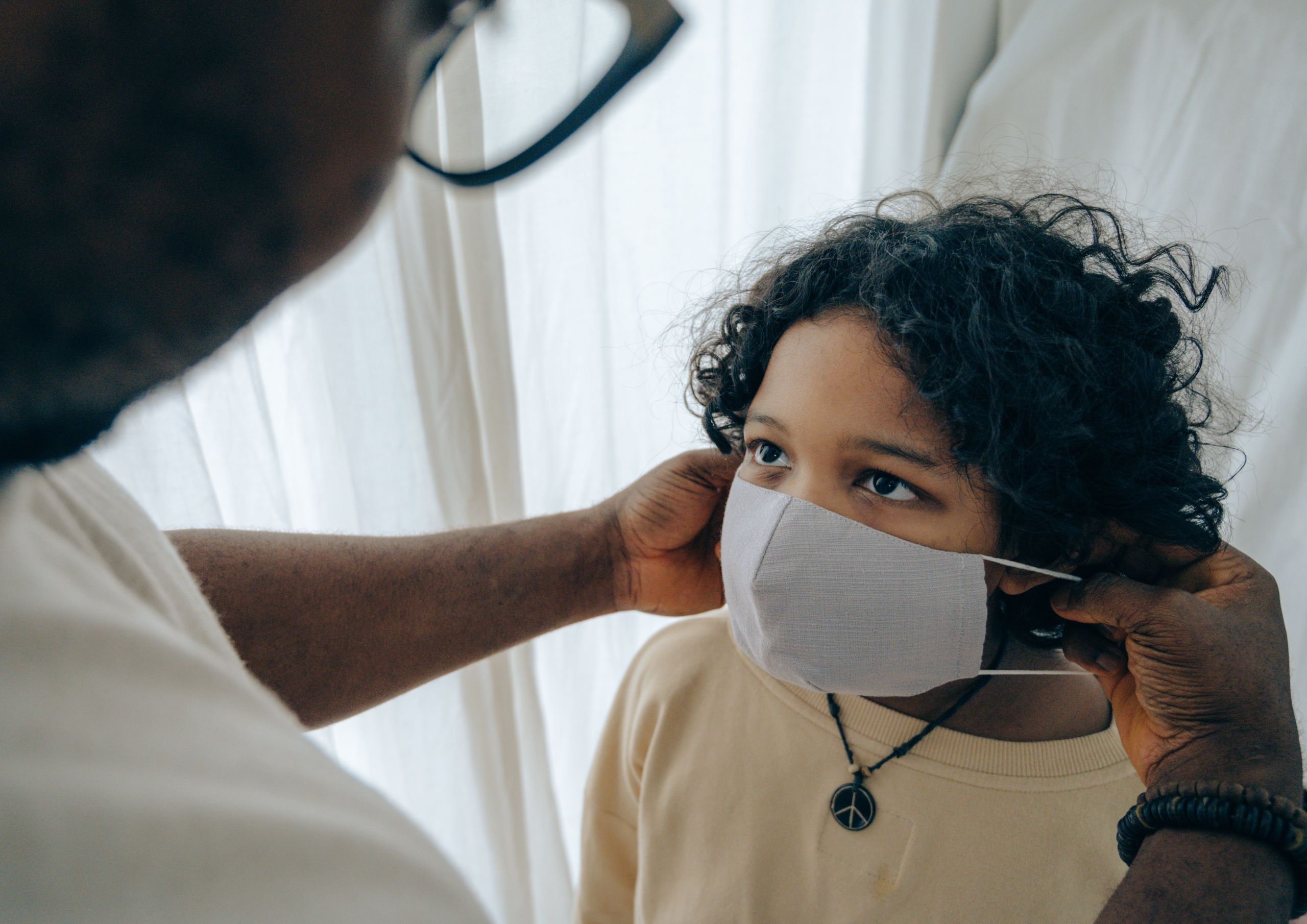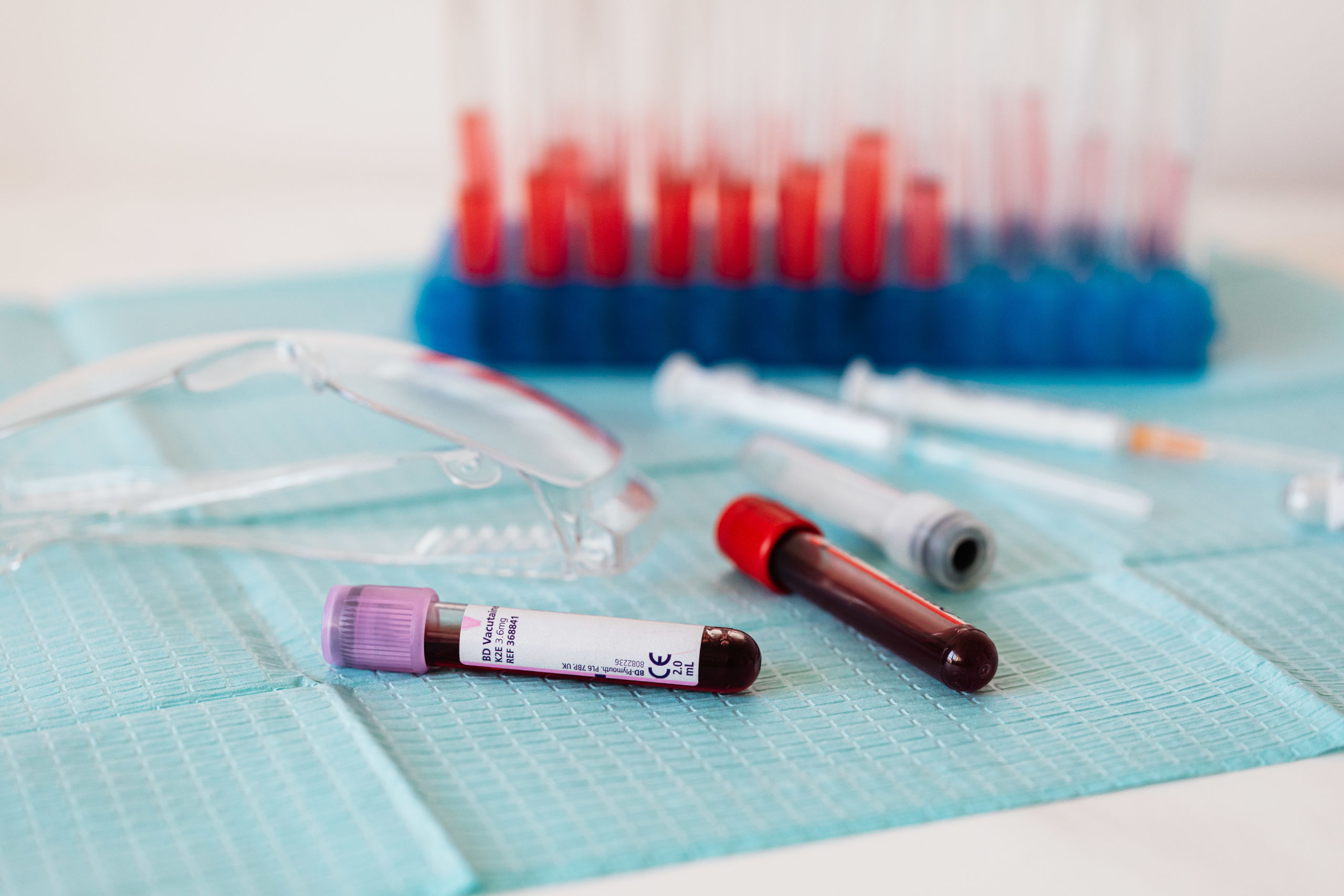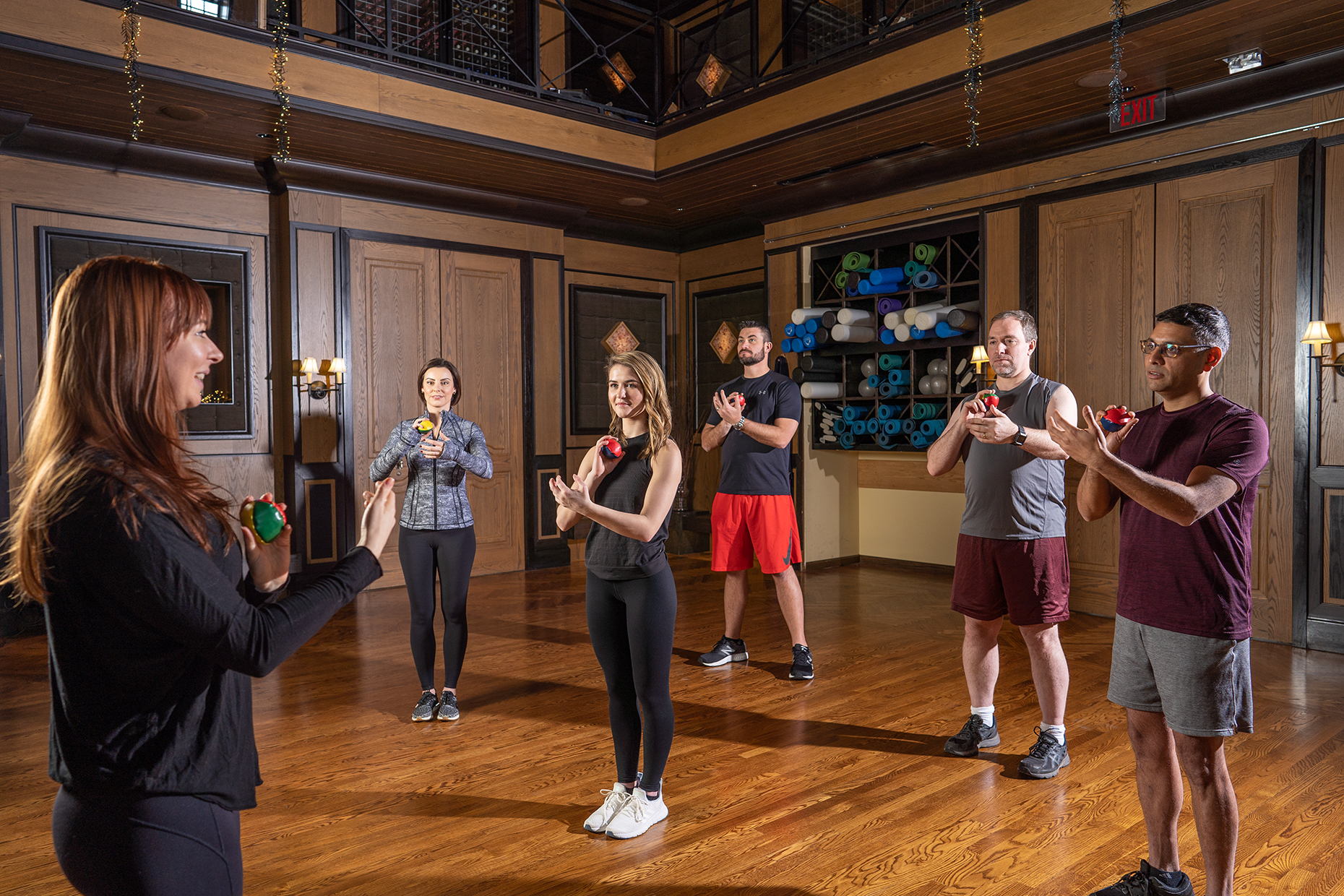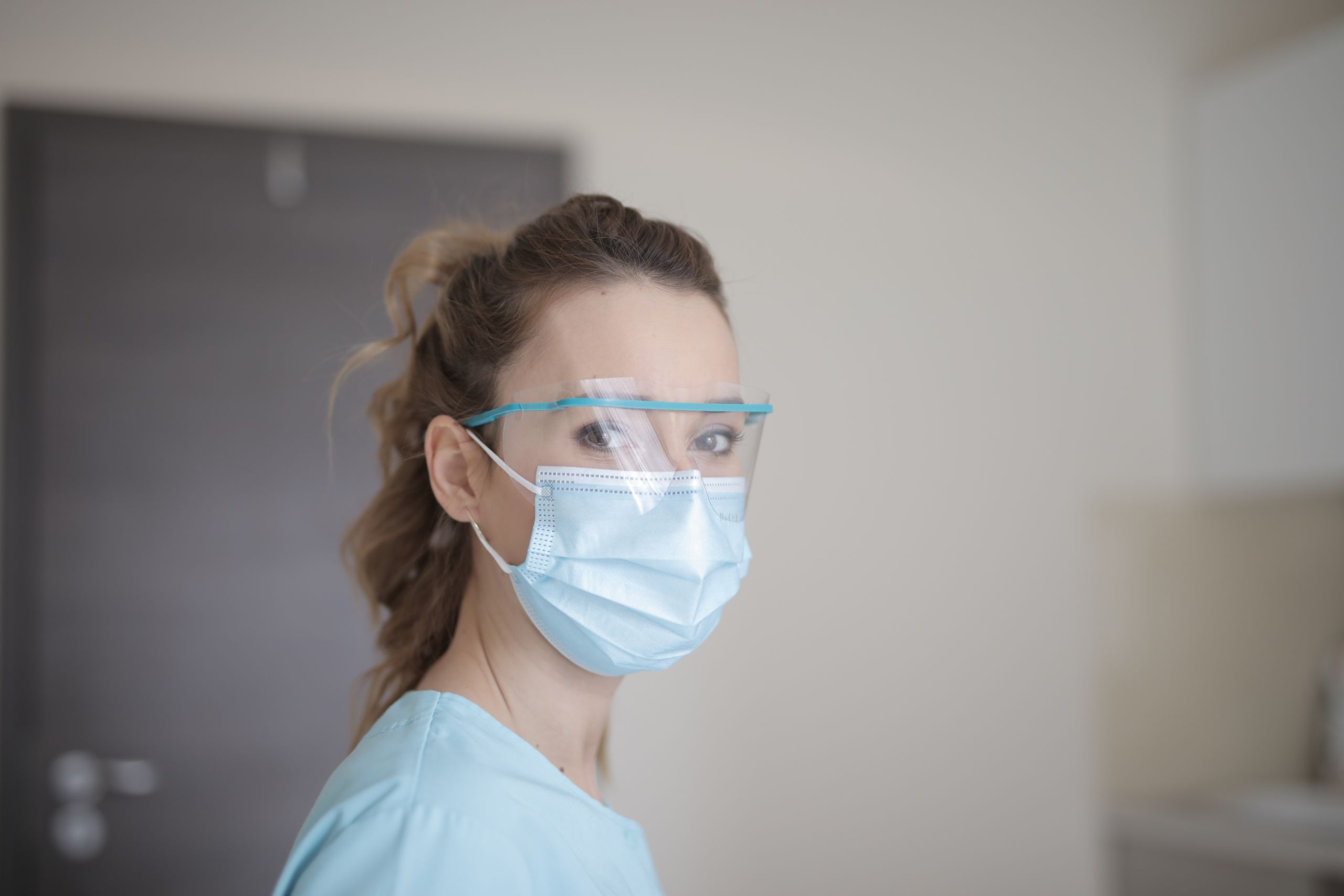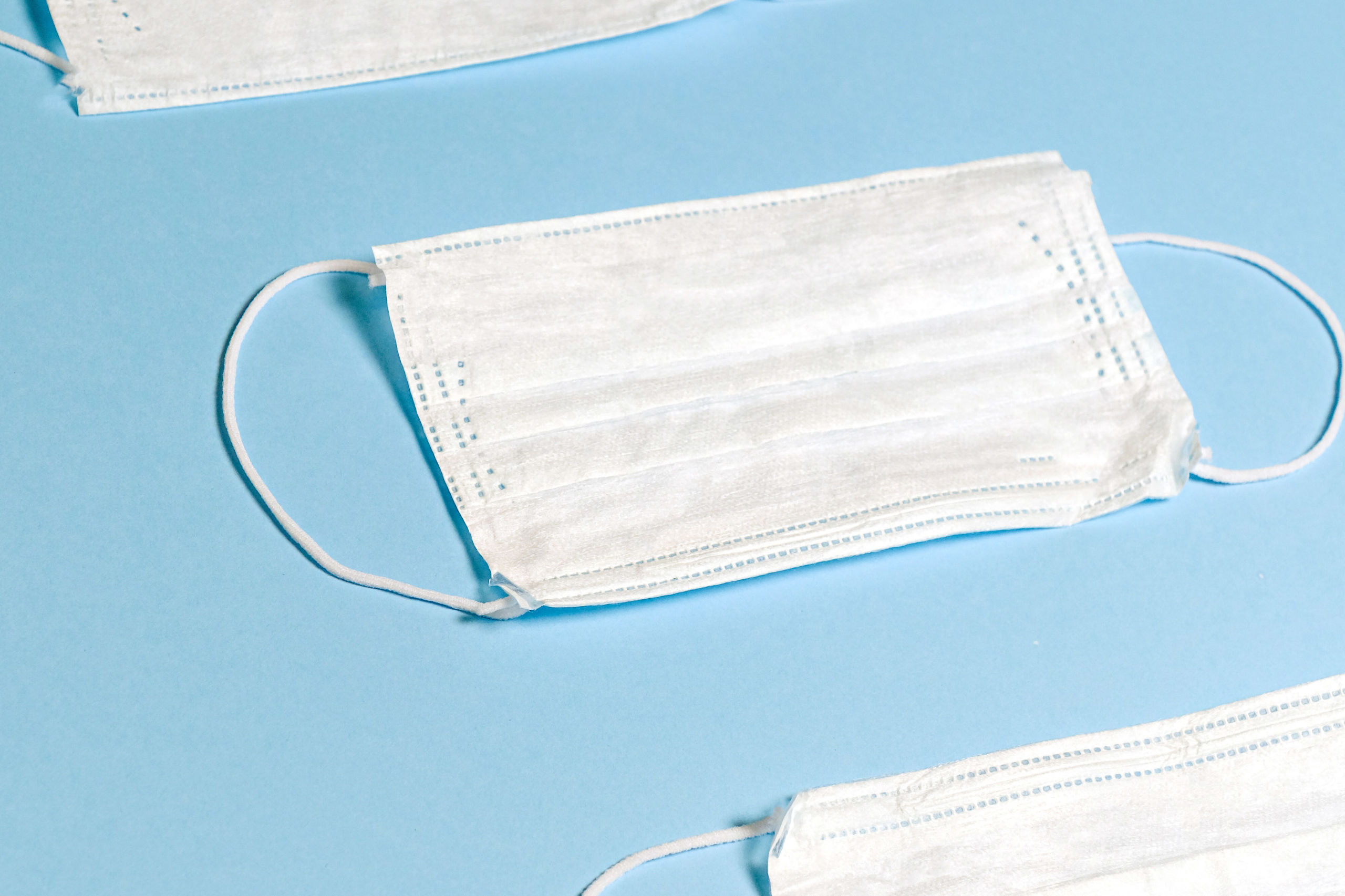What is the Coronavirus?
Dear Members,
Amid this time of elevated public health concern, I am reaching out personally to extend support on behalf of your PALM Health Team. Your safety and security are of utmost importance to PALM, and we seek to be a source of reassurance and education for you and your fellow members.
Information around cases of the new coronavirus in the United States is still being gathered. While many sources are providing information about coronavirus, please refer to the Centers for Disease Control (CDC) and the World Health Organization (WHO) for the most accurate and up-to-date information. Below is a review of what is currently known, what we are doing at PALM to help prevent its spread, and what you can do to prevent infection.
What is the coronavirus?
Coronaviruses are not a single virus, but rather, a large family of viruses that mostly infects bats, pigs, and small mammals. However, a handful of these viruses can infect humans and cause illness ranging from the common cold (about 20% of all colds are the result of coronaviruses), to more severe diseases such as SARS, MERS, and the current coronavirus. This new virus has been named 2019-nCoV by the World Health Organization (WHO) and SARS-CoV-2 (severe acute respiratory syndrome coronavirus 2) by the International Committee on Taxonomy of Viruses. It is commonly being referred to as COVID-19, (short for Corona Virus Disease, 2019).
How is it spread?
The virus is spread by large respiratory droplets, mainly through direct contact such as someone sneezing or coughing on others. You may also come into contact with virus droplets on hard surfaces and then touch your mouth or nose. Experts are looking into other ways individuals may be getting the virus; however, these other mechanisms of spread are not confirmed.
What are the symptoms?
Although some individuals who are infected with COVID-19 may not have any symptoms, most who go to their doctor with symptoms will have a fever. Other common symptoms include dry cough, fatigue, and body aches. Fewer individuals report headaches, sore throat, diarrhea, and abdominal pain.
How long after being infected will symptoms appear?
Symptoms of COVID-19 may appear in as few as two days or take as long as 14 days after exposure, although recent case reports suggest that the incubation period may be as long as 24 days.
How severe is COVID-19?
Some individuals, especially young children, may remain asymptomatic for the entire course of their illness. Other individuals may demonstrate, at most, mild upper respiratory tract symptoms and fever. In fact, 95% of those infected will experience COVID-19 without serious illness. For a small handful, however, the course of the disease will be more severe. Those with compromised immune systems or individuals who are older than 60 years of age and have a medical condition such as diabetes, high blood pressure, chronic lung condition, or cancer are at higher risk of more significant illness.
What should I do if I think I have COVID-19?
If you have fever, symptoms of cough, or shortness of breath, and you recently traveled to a geographical area impacted by the virus, please call your primary care doctor. If you see a PALM physician for primary care, our triage nurses will help you over the phone to determine the best course of action, including whether you should go to the emergency room or contact the local health department. If you are having difficulty breathing, please go to the emergency room and if possible, wear a mask. Physicians and patients who suspect a highly likely case of the virus are encouraged to contact the Missouri Department of Health Communicable Disease Control and Prevention at 573-751-6113, or at a 24/7 emergency response number at 1-800-392-0272.
Who should get tested?
As of March 3, 2020, the CDC recommends the following individuals get tested for the virus:
- Those who have fever or symptoms such as cough or shortness of breath AND who have had contact within the past 14 days with a COVID-19 positive patient.
- Those who have fever and respiratory symptoms requiring hospitalization AND who have traveled in China, Iran, Italy, Japan, or South Korea. Of note, these geographic areas will continue to be updated daily. Please use this link to see the most updated geographic areas: https://www.cdc.gov/coronavirus/2019-ncov/travelers/
- Those who have fever with severe respiratory illness requiring hospitalization without any other explanation, such as the flu.
Where can I get tested? Can PALM test me if I am concerned that I have the infection?
Testing is not available at PALM Health. Test kits and testing is being regulated and approved solely by local and state health departments, and is only available for individuals who meet the criteria listed above. The St. Louis County Department of Health number is 314-615-0600.
What should I do to prevent getting COVID-19?
- Wash your hands often with soap for at least 20 seconds.
- Use hand sanitizer with at least 60% alcohol.
- Clean and disinfect frequently touched objects and surfaces. A regular household cleaning spray or wipe is sufficient.
- Avoid contact with sick individuals.
- Avoid touching your eyes, nose, and mouth with unwashed hands.
- Stay home when you are sick.
- Cover your cough or sneeze with a tissue, then throw the tissue in the trash.
- Maintain an optimized immune system.
I am healthy, but should I wear a mask to prevent getting infected?
Currently, Missouri is a low risk zone and the CDC does not recommend wearing a mask. It is more important to wash your hands as frequently as possible for greater than 20 seconds and avoid contact with sick individuals. If you are sick and coming to PALM for a doctor’s appointment, please obtain a mask from the front desk.
What is PALM doing to prevent the spread of viruses?
- We are cleaning door handles and high utilization surfaces at least every 30 minutes.
- We will have hand sanitizer in all common areas for use by staff and members.
- Individuals with fever and cough will be asked to wear a mask while waiting for their doctor’s appointment.
- If you are experiencing cold or flu symptoms, we ask you to stay home and to avoid the PALM common areas — the fitness center, salt room, saunas, and steam rooms — to maximize protecting others.
Sincerely,

Sita Kedia, MD, MPH, FAHS
Chief Medical Officer | PALM Health
9160 Clayton Road, Ladue, Missouri 63124
p: 314-801-8898 | www.palmhealth.com

